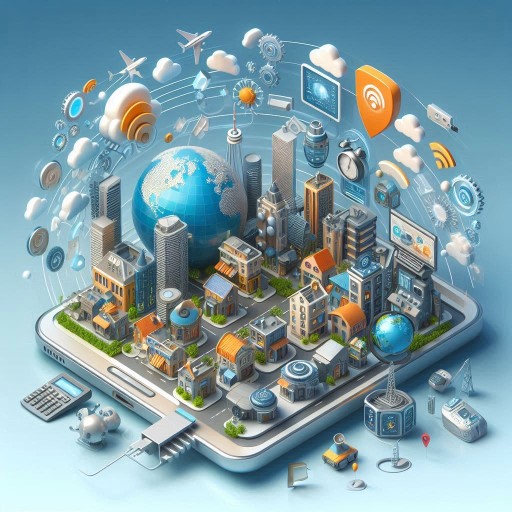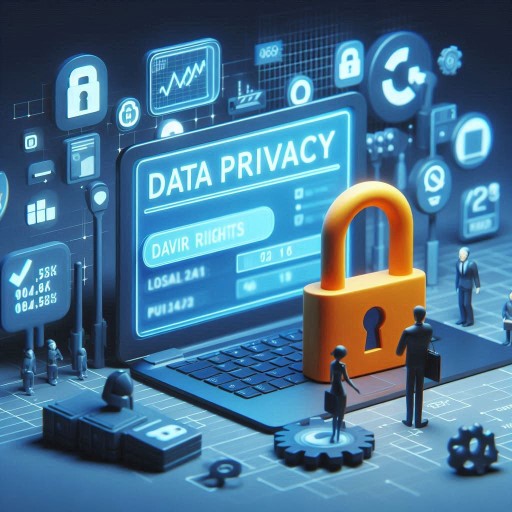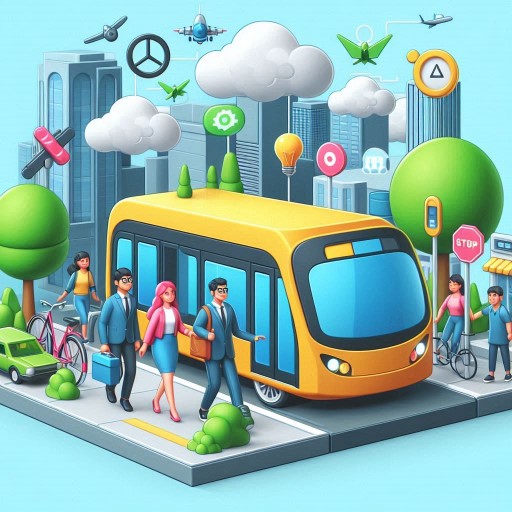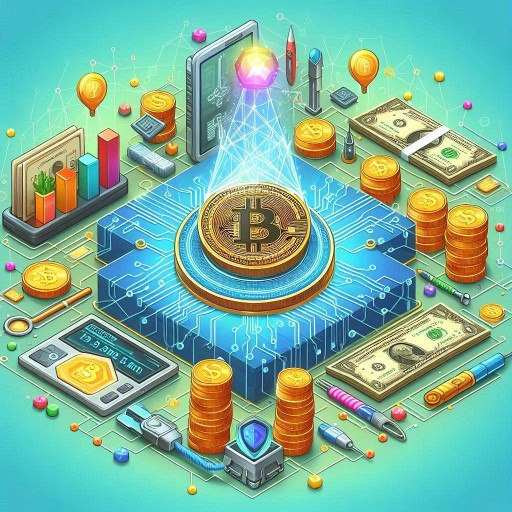TechTrend4u – Technology continues to evolve at an incredible pace, bringing significant changes in various aspects of human life. Entering 2025, we are on the brink of a technological revolution that will change the world in ways never imagined before. This article will outline some of the key technologies that will play an important role in this revolution, including Artificial Intelligence (AI), Internet of Things (IoT), Blockchain and Cryptocurrencies, Quantum Computing, Augmented Reality (AR) and Virtual Reality (VR), Biotechnology and Genomics, Metaverse, and 5G and Next Generation Wireless Networks.

Artificial Intelligence: The Next Industrial Revolution?
Artificial Intelligence (AI) has become one of the key drivers of the next industrial revolution. AI not only automates repetitive tasks, but also provides advanced analytical capabilities to aid decision-making. In the business world, AI is used to analyze consumer data, predict market trends, and optimize production processes.
Implementation Example: In the healthcare sector, AI is used to diagnose diseases with higher accuracy than conventional methods. For example, AI algorithms can analyze medical images to detect cancer at an early stage, which increases the patient’s chances of recovery.
Read more: Artificial Intelligence: The Next Industrial Revolution?
Internet of Things: Making the World Smarter
The Internet of Things (IoT) is a network of connected devices that can communicate with each other to share data and perform tasks automatically. IoT is turning the world smarter by integrating technology into everyday life.
Implementation Example: In smart homes, IoT devices such as smart thermostats, automatic lights, and security cameras work together to improve comfort and safety. In industry, IoT enables real-time monitoring of production machinery, preventing breakdowns before they occur and improving operational efficiency.
Read more: Internet of Things: Making the World Smarter
Blockchain and Cryptocurrency: The Future of Digital Finance
Blockchain is the underlying technology of cryptocurrencies such as Bitcoin and Ethereum. It offers high transparency and security in digital transactions, making it the foundation for the future of digital finance.
Implementation Example: Apart from being used for cryptocurrency transactions, blockchain is also used in the supply chain to trace the origin of products from manufacturer to consumer. This helps prevent fraud and ensure product authenticity, especially in the food and pharmaceutical industries.
Read more: Blockchain and Cryptocurrency: The Future of Digital Finance
Quantum Computing: Solving Unsolvable Problems
Quantum Computing is a technology that has the potential to solve complex problems that cannot be solved by conventional computers. By utilizing the principles of quantum mechanics, quantum computers can perform calculations in a very short time.
In pharmaceuticals, quantum computing simulates molecule-drug interactions, speeding up drug discovery and development. In cybersecurity, it enables the creation of unbreakable encryption. These advancements demonstrate quantum computing’s transformative potential in medicine and security, driving faster innovation and stronger protection.
Read more: Quantum Computing: Solving the Unsolvable Problem
Augmented Reality and Virtual Reality: Combining the Real and Digital Worlds
Augmented Reality (AR) and Virtual Reality (VR) are technologies that blur the lines between the real and digital worlds. AR adds digital elements to a real environment, while VR creates a fully immersive digital environment.
Biotechnology and Genomics: Changing the Future of Healthcare
Biotechnology and genomics are playing an important role in changing the future of healthcare. With the ability to modify genes and create personalized therapies, these technologies are paving the way for more effective and specific treatments.
Implementation Example: CRISPR-Cas9 is a gene editing technology that allows scientists to modify DNA with high precision. It has been used in research to treat genetic diseases such as sickle cell anemia and cystic fibrosis. In addition, personalized gene therapy is being developed to treat cancer, where treatment is tailored to an individual’s genetic profile.
Read more: Biotechnology and Genomics: Changing the Future of Health
Metaverse: An Infinite Virtual World
Metaverse is the concept of an immersive and connected virtual world, where people can interact, work, play and live a second life. The metaverse is considered the next evolution of the internet, combining AR, VR, and blockchain.
Implementation Example: Companies like Facebook (now Meta) are developing a Metaverse platform where users can attend virtual meetings, shop at virtual stores, or even purchase digital properties. In the gaming world, the Metaverse allows players to interact in an ever-expanding and globally connected virtual world.
Read more: Metaverse: The Infinite Virtual World
5G and Next-Generation Wireless Networks: Changing the Way We Communicate
5G is the fifth generation of wireless networks that brings a revolution in the way we communicate. With much higher speeds and extremely low latency, 5G enables faster and more stable internet connections.
Conclusion
This ongoing technological revolution is not only changing the way we communicate and work, but also reshaping various aspects of our lives. From AI to 5G, each technology plays an important role in creating a more connected, efficient, and advanced future. Understanding these developments and how they interact with each other will be key to harnessing the full potential of the tech revolution in 2025 and beyond.



